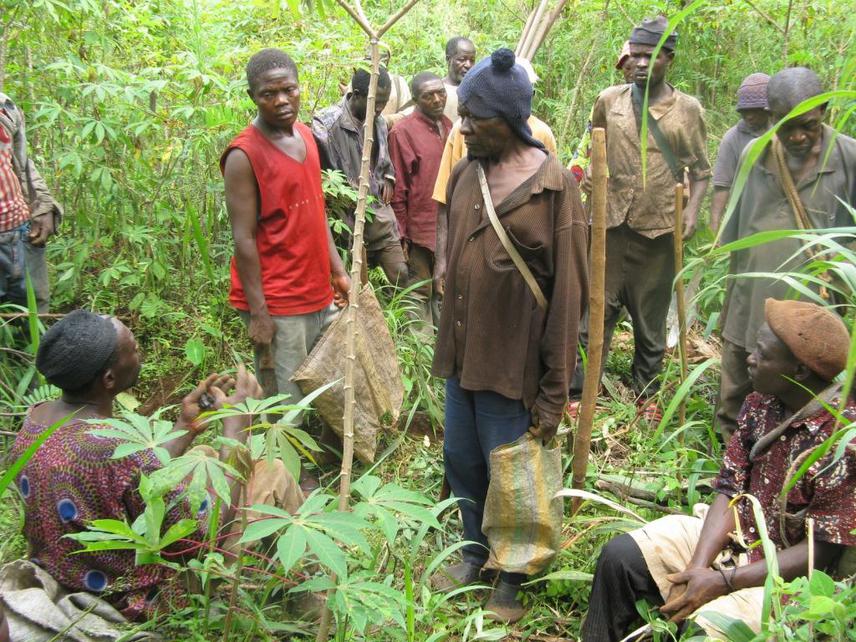Youndjie Koleoko Gabriel
Other projects
20 Sep 2010
Restoration and Protection of Degraded Watersheds, in Bafut-Cameroon, Using Analogue Forestry Technology
The aim of the project is to promote individual analog forests, mitigate conflicts over communal lands, and improve the economic situation of residents through bee farming and crop diversification.
From October 1, 2010 to September15, 2011, we have been using analog forestry to conserve biodiversity through reforestation of degraded communal forests that serve like watersheds in Bafut village. These forests also constitute the last remnants of the montane forest ecology in these villages making them “local biodiversity hotspots”. In simple terms an analog forest can be defined as a man-made forest that resembles (in structure and function) the forest that existed in an area in the past. It is made up of both exotic and indigenous tree species placed at varying distances based on the needs of the farmer and environment. We started analog forestry in this community with sensitization and establishment of demonstration plots. During this period more than 50 small scale farmers indicated interest in establishing their individual analog forests. This project is to support these farmers and sustain the achievements of the first year.

We shall therefore share more broadly what we have learnt by taking the process to the level of small holder farmers and addressing the challenges we could not address during the first year of the project.
Specifically, we shall:
- Mitigate conflict over ownership of one of the community watersheds by facilitating dialogue between the stakeholders and averting such conflicts in other communities through further education and sensitization workshops.
- Manage the three established forests through mulching, weeding, replacement of dead seedlings, control against bush fires and domestic animals.
- Assist at least 50 pilot farmers to establish private analog forestry farms in the peripheral zones of the watersheds.
- Improve the incomes of local farmers by training 100 farmers on bee keeping and helping them to market their produce by linking them to buyers in the city;
- Improve the capacity of the local people to manage communal resources through learning visits to other communities.
We expect amongst others to establish a functional broad-based structure called a dialogue committee comprising representatives of resource user groups (farmers, grazers, beekeepers, collectors of various forest products etc.), management structures (local council, administrative and traditional authorities, officials of relevant government technical services, water/forest management committee etc.) and local NGOs working on issues related to the management of the watershed.
To achieve our objectives, we shall collaborate with the traditional rulers, local development organizations and government ministries in charge of agriculture and forestry. We shall also work with other organizations that have the skills we do not have.